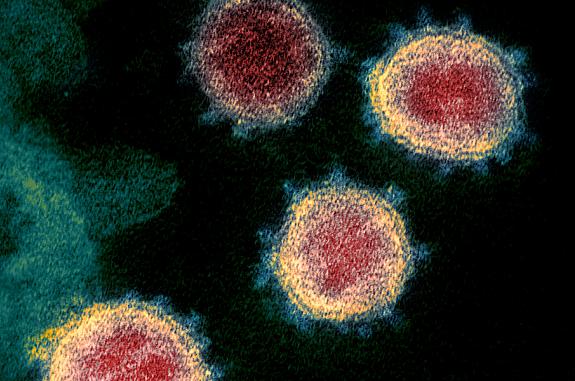Hong Kong’s coronavirus testing drive tests negative for popularity
By Shibani Mahtani and Ryan Ho Kilpatrick,
Washington Post
| 09. 01. 2020
HONG KONG — Borrowing from mainland China's pandemic playbook, Hong Kong officials began a drive Tuesday to mass-test residents for the novel coronavirus, hoping for near-universal participation to flaunt the city's civic sensibilities and patriotism.
Authorities readied more than 100 sample collection centers and thousands of volunteer medical staff to work them. State media ran stories praising the city's government while touting the ability of officials in mainland China to run millions of tests a day. Fliers distributed to households publicized the seven-day exercise that could be extended for up to two weeks.
But there were few takers.
By 4 p.m. on Tuesday, eight hours after the program began, 82,000 people had come forward — slightly over 1 percent of the population and far below the daily average required to reach the government’s target of 5 million. Most testing centers were quiet; health workers in protective gear and face shields sat around idle.
Although it was just the first day of the campaign, the outcome highlighted the yawning trust deficit between Hong Kong leaders and residents, rather than showcasing...
Related Articles
By Vittoria Vardanega, SWI swissinfo.ch | 02.13.2026
In recent years, sperm donation has produced family trees of unprecedented size, stretching across countries and, in some cases, continents. Stories of “mass donors” have captured public attention, most recently through the Netflix documentary series, The Man with 1,000 Kids...
By Jonathan D. Moreno, Hastings Center Bioethics Forum | 02.09.2026
When I began to write a book about bioethics and the rules-based international order, the idea that the world was facing the greatest geopolitical change since World War II was uncontroversial for those who were paying attention to such esoterica...
By Zachary Brennan, Endpoints News | 02.23.2026
The FDA is spelling out the details of a new pathway to help speed personalized cell and gene therapies to market for rare diseases.
Monday’s long-awaited draft guidance outlines the agency’s “plausible mechanism” framework, a pathway FDA Commissioner Marty Makary...
By David Jensen, California Stem Cell Report | 02.10.2026
Touchy issues involving accusations that California’s $12 billion gene and stem cell research agency is pushing aside “good science” in favor of new priorities and preferences will be aired again in late March at a public meeting in Sacramento.
The...




